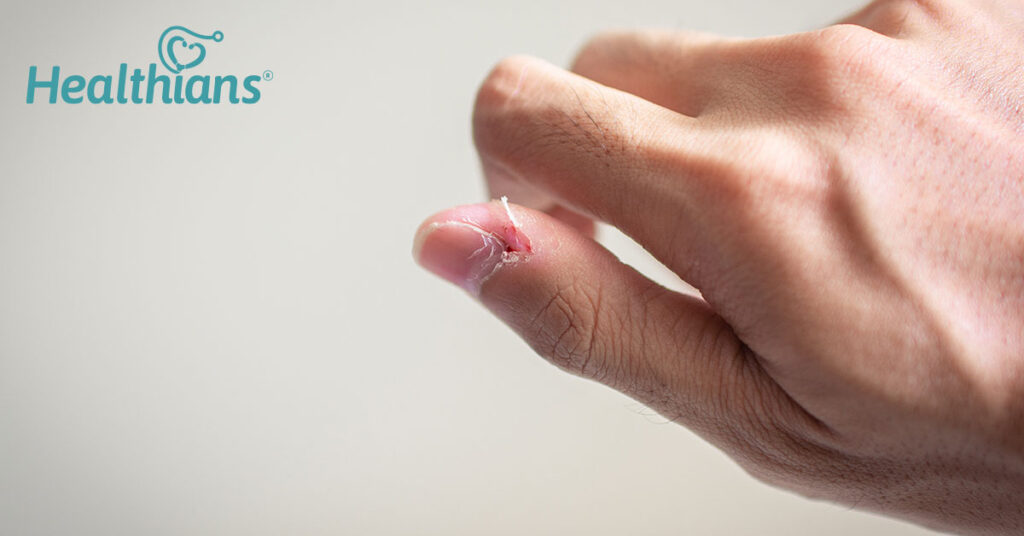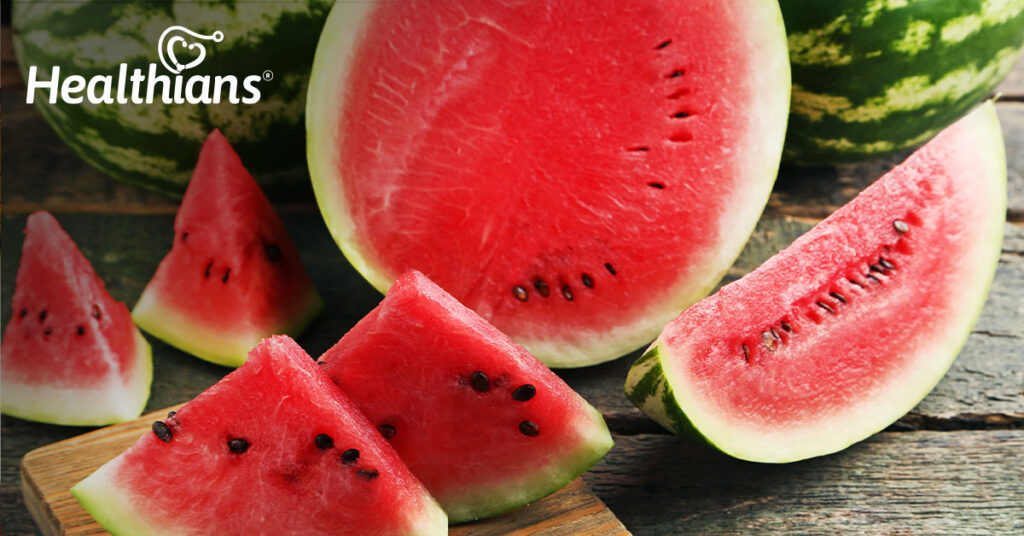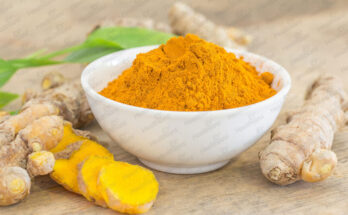Introduction
Winter is known for dry skin whether it’s your face, feet, or hands. We’ve all had at some point in our lives got ourselves pampered in a salon with aromatic and relaxing massages of our face and feet. But what about your hands?
Itchy, uncomfortable, and dry skin, especially around the nails and the fingertips, are the most common issues we usually face. No one likes the look of cracked and peeling cuticle skin. Whether you are on a date, at a business meeting, or for that matter, even in your daily life, flaky skin around the nails can be pretty unpleasant to look at.
Peeling skin around the nails is common, though. Many people experience it as a result of various internal and external factors. Here, we go over the many reasons for peeling the skin around the nails and the possible cures.
Furthermore, learn about preventative steps that can help you relieve your skin’s irritation.
Washing your hands often
Frequently washing your hands can eliminate the moisture and the oiliness from your skin, despite the fact that this may seem contradictory. Your skin’s lipid barrier keeps it moisturised and shields the top layer from external aggressors. Dryness, irritability, and possible fingernail peeling are symptoms of a damaged layer.
Using hot water to wash your hands might also eliminate the moisture and necessary oils. It’s possible for your skin to grow dry, irritated, and eventually, peel off.
Allergic responses
Peeling of the fingertips can also be brought on by allergies to specific stimuli that come in contact with your hand. Your skin may get irritated as a result of harsh chemicals and jewellery made of materials that are inappropriate for your skin. Your skin may eventually come off. Additionally, overusing latex gloves can irritate the skin and cause peeling fingertips.
Vitamin insufficiency
The skin around the fingertips may peel for a variety of reasons, including vitamin deficiencies and overdoses.
Niacin, often known as vitamin B-3, is a nutrient that is naturally present in your body and can be found in some foods. Adequate production of Niacin makes sure that your cells operate properly. It improves skin barrier functioning and helps hydrate the skin. Your skin may start to peel if you don’t get enough of this vitamin.
Peeling skin near your fingertips may also be caused by a vitamin B7 (biotin) deficiency. This insufficiency is uncommon and may cause eczema, skin darkening, and hair loss.
Natural remedies that may help you in this condition
Honey
A natural humectant is a honey. It draws moisture from the atmosphere to the skin’s surface. You might find it useful to prevent your fingertips from peeling. Apply a few drops of honey with a cotton ball to the area that needs treatment. After 30 minutes, rinse gently with cool water. For optimal results, repeat the method three times each day.
Apply ghee
To prevent your hands from becoming hurt while chopping acidic foods like tomatoes, onions, and potatoes, rub a little ghee on them before you begin cooking.
To moisturise your fingertips and the skin that is peeling around your nails, use some essential oil. Apart from healing the skin, your hands will smell fantastic too. Using jojoba oil, sesame oil, myrrh oil, or lavender oil, moisturises your skin and the tips of your fingers.
Use this by combining a few drops of your essential oil with a neutral oil and heating it moderately. Apply to your fingertips, then let it sit for 30 minutes or so. Use cold water to cleanse off.
Petroleum jelly
Your skin’s hydration can be retained by petroleum jelly. Apply it to the skin around your nails and on your fingertips. Remember to wash your hands before indulging in any activities though, as it could make your skin greasy.
Final thoughts
When it comes to maintaining the health of your cuticle skin and preventing it from peeling, prevention is always better than finding a cure later.
Start with a moisturising hand cream if all that is needed is relief from dry, chapped skin. Regularly, especially after meals, massage the cream well into the spaces between your nails and onto your hands. Either emollients, petroleum jelly, or almond oil can be used.
Make sure you drink enough water to maintain your body’s hydration. In addition, maintain a balanced diet that includes at least five pieces of fruits and leafy vegetables in a variety of colours to ensure that your body receives the necessary amounts of vitamins and minerals.
Source link



